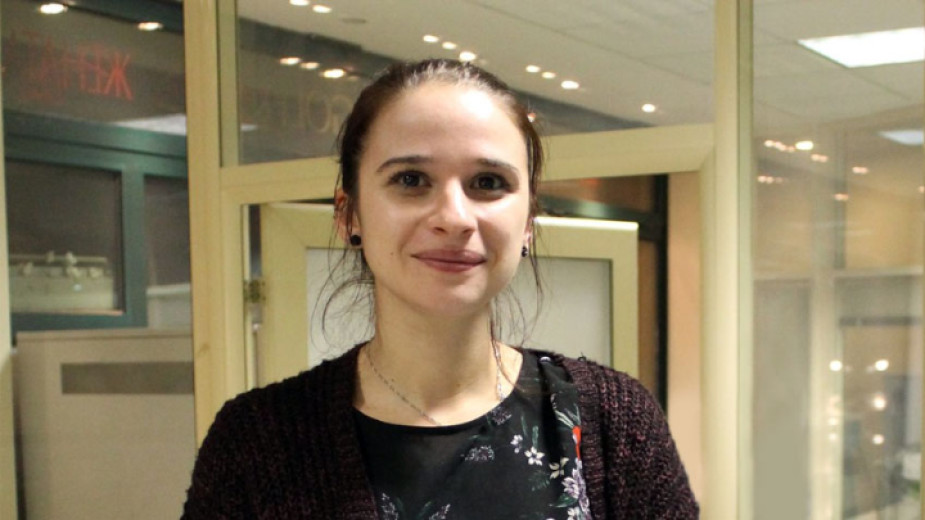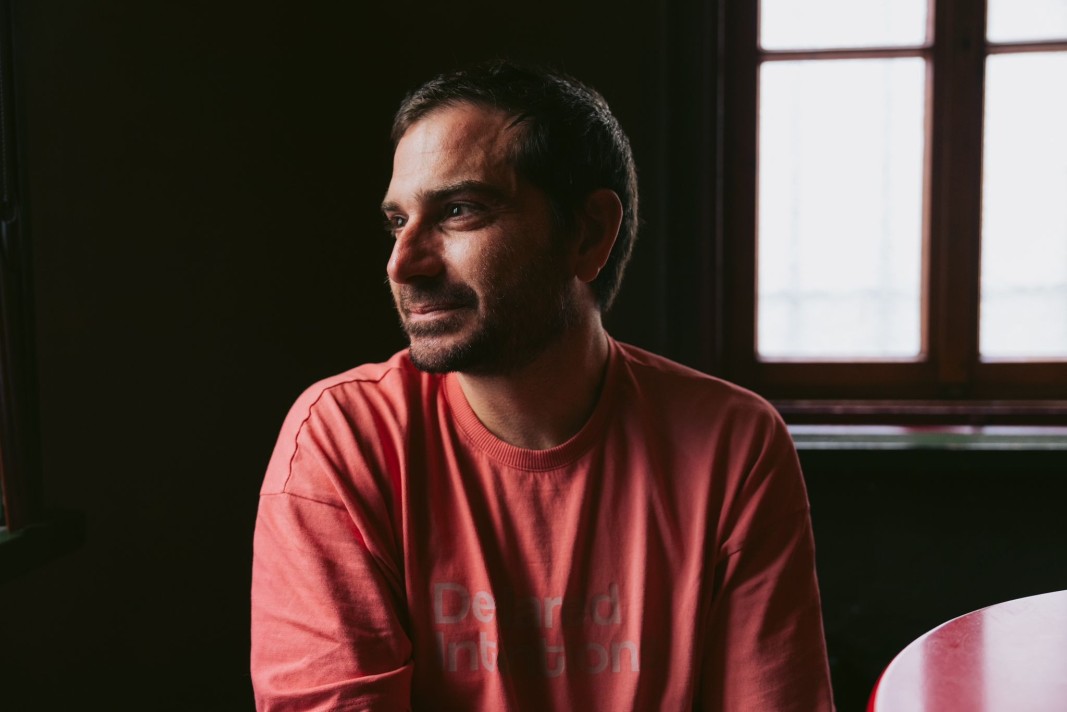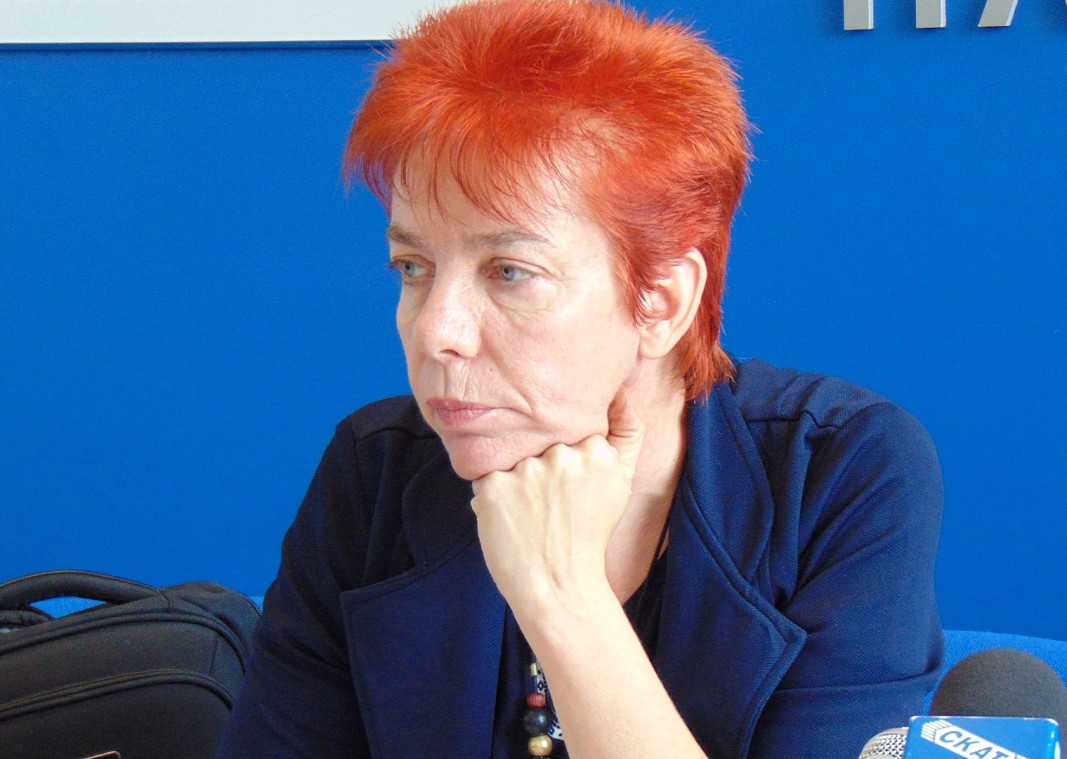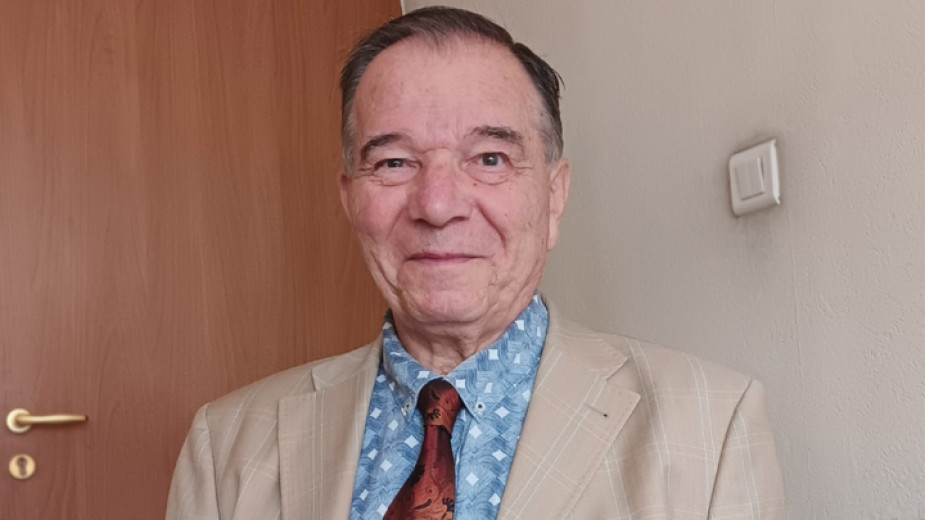In the first round of local elections, only 8 of the country's regional mayors were elected. A run-off will be held on November 5 in all the remaining 19 regional cities, including the three largest - Sofia, Plovdiv and Varna. Local government is where people have the most direct access to solving problems, yet turnout in the first round was modest (44.94%). In Sofia, for example, a city of around 2 million people, some 378,000 voters went to the polls on Sunday - a number roughly equivalent to the population of just one of the capital's main districts. From the start of the mayoral campaign, it was clear that we would be witnessing a hard-to-predict battle for the mayoralty between candidates who are new to politics. Most of the 22 candidates in the capital's first round were from the business, media, music, NGO and even trade union sectors.
In the first round, it was mainly active voters with higher education and social status who went to the polls, and it was they who practically decided who would go to the polls in the capital," sociologist Yanitsa Petkova of Gallup International told BNR:
 "It is worth noting that those who turned out to vote were the active age groups between 30 and 60. It is also evident that people who regularly vote in parliamentary elections stayed at home this time, and 75% of those who voted in the Sofia mayoral elections had higher and post-secondary education".
"It is worth noting that those who turned out to vote were the active age groups between 30 and 60. It is also evident that people who regularly vote in parliamentary elections stayed at home this time, and 75% of those who voted in the Sofia mayoral elections had higher and post-secondary education".
Sociologists do not rule out strategic voting, i.e. people voting not for the candidate they like, but against the candidate they certainly do not want to be mayor. A quick survey by Radio Bulgaria gives an idea of the mindset of the active urban citizen concerned about the governance of Sofia. "I don't believe that 'they're all crooks', as we often say in Bulgaria," remarks Dimitar Kenarov, a well-known journalist and writer who lives in the capital:
 "I think what's more important than politics is what we do locally, in our own backyard, in the community we live in. That's the worrying thing, that we lack a sense of community, a sense of shared space, and that's been going on for a long time. We need to be more socially conscious. The less fortunate in a society should always be supported, not let market mechanisms and consumption determine our every decision. The other thing we need to change is our attitude to our own work. We are sometimes a bit lazy, and this shows in all areas. Sustainable development is a set of unsustainabilities," says Vyara Gancheva, a sociologist at the Bulgarian Academy of Sciences and a lecturer at Sofia University:
"I think what's more important than politics is what we do locally, in our own backyard, in the community we live in. That's the worrying thing, that we lack a sense of community, a sense of shared space, and that's been going on for a long time. We need to be more socially conscious. The less fortunate in a society should always be supported, not let market mechanisms and consumption determine our every decision. The other thing we need to change is our attitude to our own work. We are sometimes a bit lazy, and this shows in all areas. Sustainable development is a set of unsustainabilities," says Vyara Gancheva, a sociologist at the Bulgarian Academy of Sciences and a lecturer at Sofia University:
 "We used to say that a good mayoral candidate is someone with qualities - local, conscientious and well-known. Being local is no longer so important, because people from outside can also bring solutions to the problems of the city they come to, but it is important to be conscientious and well-known, because approval, as we sociologists say, is also a function of popularity. Those who govern us should be concerned with the common good and ask not what they can gain by being in office, but what the city can gain from their service. The problem now is that we have an elite that gets away with leeching.
"We used to say that a good mayoral candidate is someone with qualities - local, conscientious and well-known. Being local is no longer so important, because people from outside can also bring solutions to the problems of the city they come to, but it is important to be conscientious and well-known, because approval, as we sociologists say, is also a function of popularity. Those who govern us should be concerned with the common good and ask not what they can gain by being in office, but what the city can gain from their service. The problem now is that we have an elite that gets away with leeching.
According to Prof. Dr. Budin Mihov, known for his works in the fields of chemistry and medicine, the place of a scientist is not in politics. He says a true scientist does not seek fame, but it is up to the government to create good working conditions and authority for those who are committed to science so that they can contribute to our society:
 "Change has to come from Bulgarians themselves, who have to be more confident and realise that everything depends on them. They have to stop being fooled and stop being so naive. They must start to take things into their own hands and make the important decisions themselves.”
"Change has to come from Bulgarians themselves, who have to be more confident and realise that everything depends on them. They have to stop being fooled and stop being so naive. They must start to take things into their own hands and make the important decisions themselves.”
Georgi Kuzmov, who was removed from his position as mayor of the Sofia district of Oborishte, is returning to his post after winning the new elections with nearly 70% of the votes. At the end of last year, the Supreme Administrative Court..
Velichie party enters the 51 st National Assembly with 10 seats, the Central Election Commission (CEC) has decided following the ruling by the Constitutional Court which alters the results of the election for National Assembly held on 27 October,..
Political parties have commented on the Constitutional Court's decision to declare the results of the October 27 elections illegal. The court ruled that the Velichie party had passed the 4% threshold and would enter Parliament, and that the election of 16..

+359 2 9336 661
